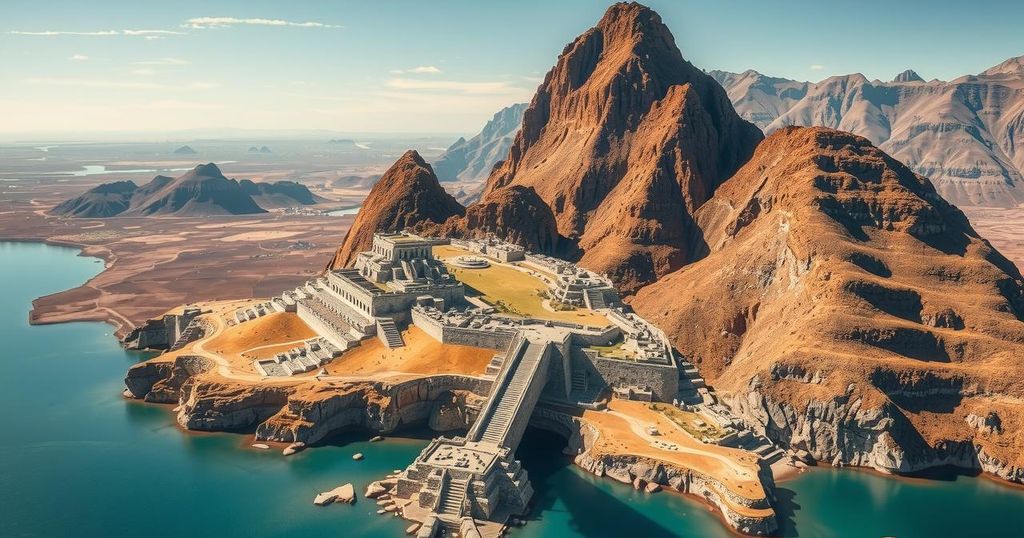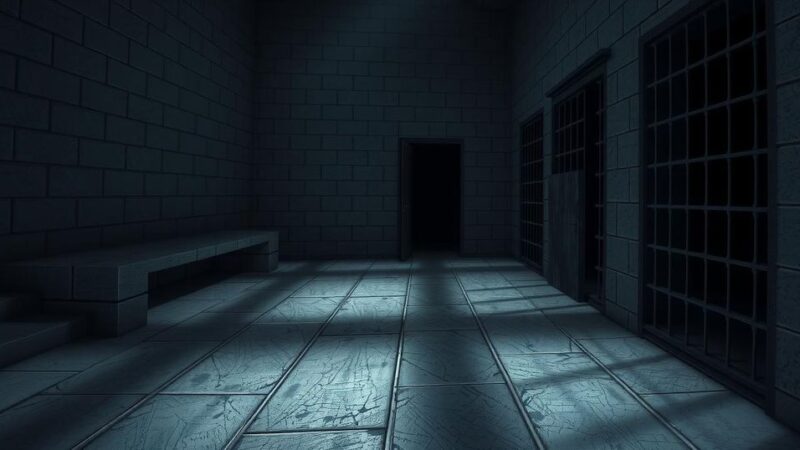Dr. Sergio Chavez, an archaeologist with a distinguished career, began his journey in Peru influenced by his father’s work. After moving to Bolivia due to political unrest, he spearheaded international collaboration in archaeology, education, and environmental preservation. His contributions garnered a lifetime achievement award, and his efforts significantly advanced community engagement, literacy, and the sustainable management of archaeological resources.
Dr. Sergio Chavez’s illustrious career in archaeology began in Peru, where his passion was ignited by assisting his father in excavations from a young age. His significant contributions to Andean archaeology have been recognized with a lifetime achievement award from the National Congress of Peru. After relocating to Bolivia amidst political turmoil in Peru, Dr. Chavez directed a vital international research project in the Lake Titicaca Basin, collaborating with the Bolivian government and engaging numerous specialists in various fields for over thirty years.
His pioneering work in Copacabana not only established archaeological methodologies but also involved local Aymara communities in excavation processes, thereby fostering cultural respect and preserving heritage. Recognizing the need for education, Dr. Chavez initiated a bilingual education program, supporting the translation of educational materials to enhance literacy and promote community empowerment. His archaeological pursuits included excavating ancient temples and establishing a community museum to exhibit artifacts, which bolstered local tourism and the economy.
Dr. Chavez’s commitment towards environmental sustainability led to collaborative efforts addressing pollution in Lake Titicaca. In partnership with Central Michigan University’s chemistry and engineering departments, he worked on analyzing water quality, thus safeguarding public health and tourism viability. Dr. Chavez’s journey from Peru to Bolivia exemplifies a harmonious blend of scientific research, education, and community engagement, ensuring that both history and local culture remain intertwined and preserved for future generations.
The article profiles the remarkable career of Sergio Chavez, a Professor Emeritus of Anthropology, who dedicated decades to archaeological research in the Lake Titicaca Basin. Influenced by his early life in Peru and his father’s archaeological involvement, Chavez’s work took a turning point due to the political instability in Peru. This led to his relocation to Bolivia, where he established significant international research projects focusing on archaeology, education, and environmental concerns, profoundly affecting local communities.
In conclusion, Dr. Sergio Chavez’s journey from Peru to Bolivia serves as an inspiring testament to the integration of archaeology with education and community involvement. His commitment to engaging local populations, promoting literacy, and addressing environmental issues has left a lasting impact on both the academic field and the local culture within the regions he studied. The legacy of his work continues to foster a meaningful connection between the past and present, enriching the lives of many.
Original Source: www.cmich.edu






